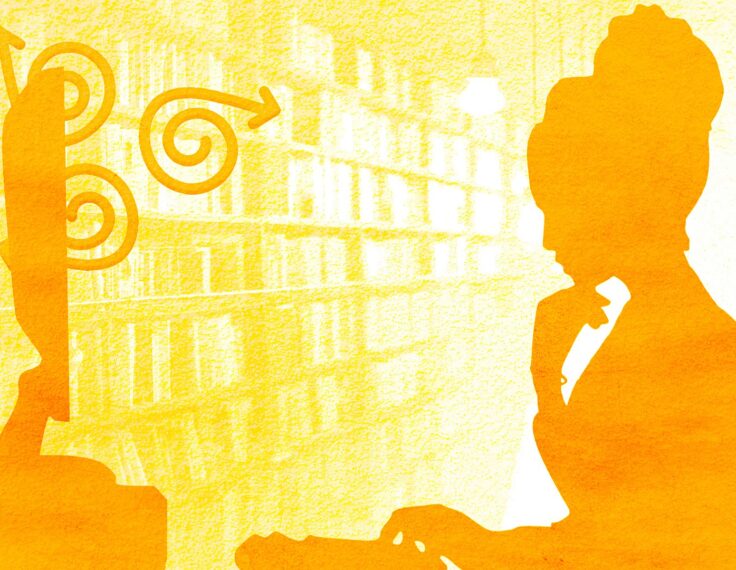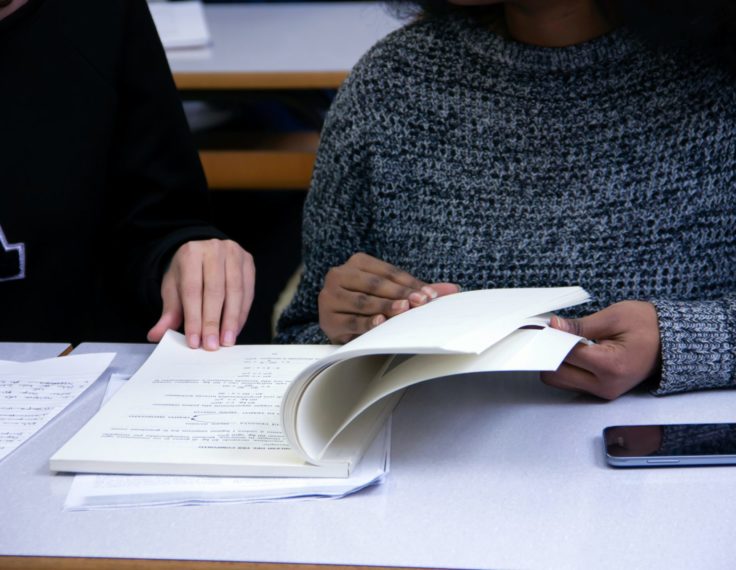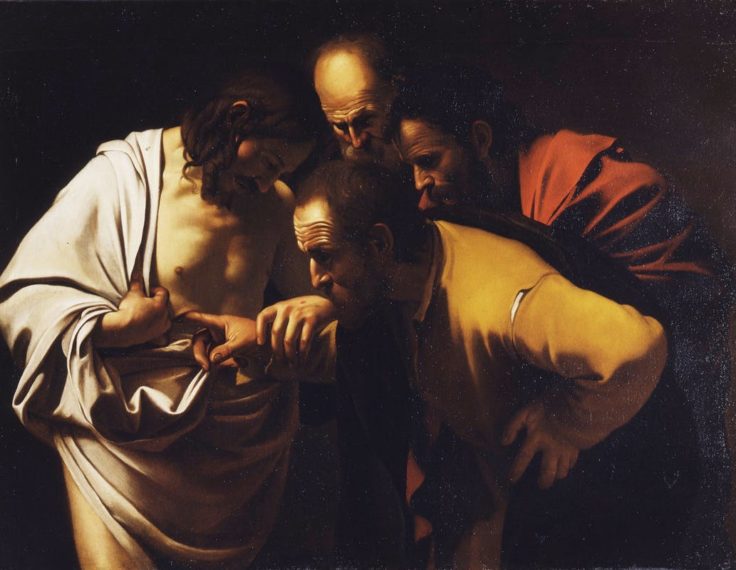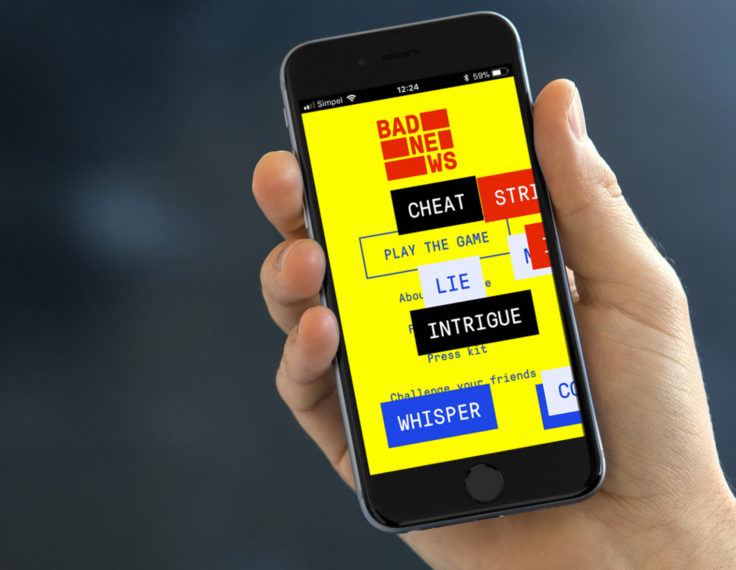Explore All Articles
All Articles
Article Topic

Lateral reading: College students learn to critically evaluate internet sources in an online course
Joel Breakstone, Mark Smith, Priscilla Connors, Teresa Ortega, Darby Kerr and Sam Wineburg
The COVID-19 pandemic has forced college students to spend more time online. Yet many studies show that college students struggle to discern fact from fiction on the Internet. A small body of research suggests that students in face-to-face settings can improve at judging the credibility of online sources.

COVID-19
Feeling “disinformed” lowers compliance with COVID-19 guidelines: Evidence from the US, UK, Netherlands, and Germany
Michael Hameleers, Toni G. L. A. van der Meer and Anna Brosius
This study indicates that, during the first phase of the coronavirus (SARS-CoV-2) pandemic in 2020, citizens from the US, UK, Netherlands, and Germany experienced relatively high levels of mis- and disinformation in their general information environment. We asked respondents to indicate the extent to which they experienced that information on coronavirus (SARS-CoV-2 and the disease it causes, COVID-19) was simply inaccurate (misinformation) or intentionally misleading (disinformation).

News literacy education in a polarized political climate: How games can teach youth to spot misinformation
Yoo Kyung Chang, Ioana Literat, Charlotte Price, Joseph I. Eisman, Jonathan Gardner, Amy Chapman and Azsaneé Truss
We designed, implemented and evaluated a game about fake news to test its potential to enhance news literacy skills in educational settings. The game was largely effective at facilitating complex news literacy skills. When these skills were integrated into the design and fictional narrative of the game, diverse groups of students engaged with the learning goals and transferred this knowledge to real life contexts.

The anatomy of credulity and incredulity: A hermeneutics of misinformation
Carolyn N. Biltoft
This essay explores the historical process by which the birth and expansion of information systems transformed the relationship between “faith” and “fact.” The existence of recurring forms of credulity and conversely denial—from holocaust denial to climate change denial—suggests that patterns of belief and disbelief will not be easily resolved either with fact-checking or with the regulation of the press.

Prebunking interventions based on “inoculation” theory can reduce susceptibility to misinformation across cultures
Jon Roozenbeek, Sander van der Linden and Thomas Nygren
This study finds that the online “fake news” game, Bad News, can confer psychological resistance against common online misinformation strategies across different cultures. The intervention draws on the theory of psychological inoculation: Analogous to the process of medical immunization, we find that “prebunking,” or preemptively warning and exposing people to weakened doses of misinformation, can help cultivate “mental antibodies” against fake news.
